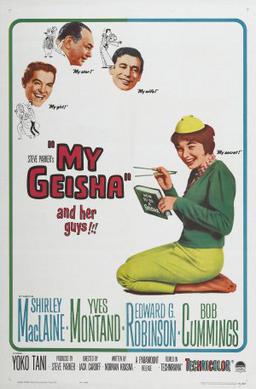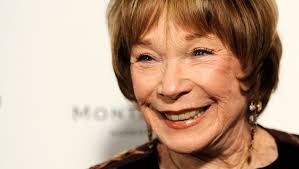
You fall down, you get right back up. How far would you go for the one that you love? Hollywood stuntman Colt Seavers (Ryan Gosling) works as the double for famous action star Tom Ryder (Aaron Taylor Johnson) who always says he does his own stunts. However, he is severely injured during a stunt gone wrong and he abandons his career and his girlfriend camerawoman Jody Moreno (Emily Blunt). 18 months later, Colt, now a valet for a small Mexican restaurant, is contacted by Tom’s film producer Gail Meyer (Hannah Waddingham). She informs him that Jody is directing her first film, sci-fi epic Metalstorm, and wants him to work on the production in Sydney Australia. After arriving on set, Colt learns that Jody never requested him and is still angry about their breakup. Gail reveals that Tom has disappeared after getting involved with drugs: she wants Colt to find him before his absence causes the film’s cancellation. Not wanting Jody’s directorial debut ruined, Colt visits Tom’s hotel room and a nightclub, where he gets into fights. In the hotel room, he finds a dead body in a bathtub full of ice. When Colt returns with the police, he finds the body has disappeared. Meanwhile, as production of Metalstorm continues, Colt and Jody begin to rekindle their relationship until Gail abruptly informs him that he has to go back to the US. Instead, he continues looking for Tom by tracking down his PA Alma Milan (Stephanie Hsu) and they are both attacked by people looking for a phone belonging to Tom in Alma’s possession. Colt defeats them after an extended chase through Sydney involving a rubbish truck. He and his friend Dan Tucker (Winston Duke), the stunt coordinator on Metalstorm, unlock the phone at Tom’s apartment. They discover a video of an intoxicated Tom accidentally killing his previous stuntman Henry. The henchmen attack Colt and Dan, destroying the phone with shotgun pellets. Dan escapes, but Colt is captured and brought face-to-face with Tom, who has been hiding out on a yacht on Gail’s instructions. He reveals that Gail is framing Colt for the murder using deepfake technology to replace Tom’s face with Colt’s on the incriminating video. Tom also reveals that Colt and Henry’s ‘accidents’ were orchestrated by himself. Henry’s body is discovered and the doctored video is released on news media, while Gail tries to convince Jody that he is guilty. Colt escapes and is presumed dead after a boat chase, though he swims to safety … I’m the director. You’re a stunt guy. We need to keep it super profesh. If last year was the Summer of Barbenheimer, that compound of mutually assured box office billionairedom, the films’ respective supporting stars are the whole show of this decade’s Romancing the Stone, at least its descendant by way of Howard Hawks and screwball. Much has been written concerncing memed-about Gosling’s super-ironic commentary on modern masculinity, a career pivot which makes him – in the words of a Guardian writer’s recent article – the most important Hollywood star, so we’ll go with it. Dry supercilious wit being a thing Blunt does well, they’re a great pairing in a story that both sends up Hollywood and mines its great romantic inclinations. Adapted very loosely by Drew Pearce from the beloved Eighties TV show created by Glen A. Larson which starred Lee Majors, Heather Thomas and Jo Ann Pflug/Markie Post not to mention a Rounded-Line Wideside truck (and an outdoor bathtub). Stuntman turned director David Leitch cut his teeth on great action movies and is responsible for helming John Wick among others and this is not just the most recent ode to the craft (Once Upon a Time in Hollywood, Gosling’s own turn in Drive, Burt Reynolds was Hooper, then there’s The Stunt Man, to name the most outstanding in this sub-genre) which is due to be honoured at the Academy Awards one of these years, it’s a clever metatextual behind-the-scenes examination of the business, the deceptive nature of stars’ PR, and the pitiless nature of the production machine when you’re not flavour of the month (or fit to work). It’s all of that but mostly it’s a crash-bang-wallop action movie with ever more spectacular sequences. This is a precision-tooled mainstream hit with something for everyone, a genuinely warm and funny knowing adventure-satire with finely tuned star performances. Unlike the show, when Majors got to croon The Unknown Stuntman (covered here by Blake Shelton in a great soundtrack featuring AC/DC and Kiss), Gosling hasn’t got a theme song – this year’s showbiz highlight has got to be his Oscars rendition of I’m Just Ken, but he doesn’t need another tune, that’s already part of his star text so everyone just incorporates it and tucks it away into what they know about supposedly the most important Hollywood star, the self-deprecating caring sharing modern action man. And, since this is about stuntmen, big up to Logan Holladay for all those rolls. Huzzah! It ain’t about how hard you can hit. It’s about how hard you can get hit, and keep moving forward



































































































